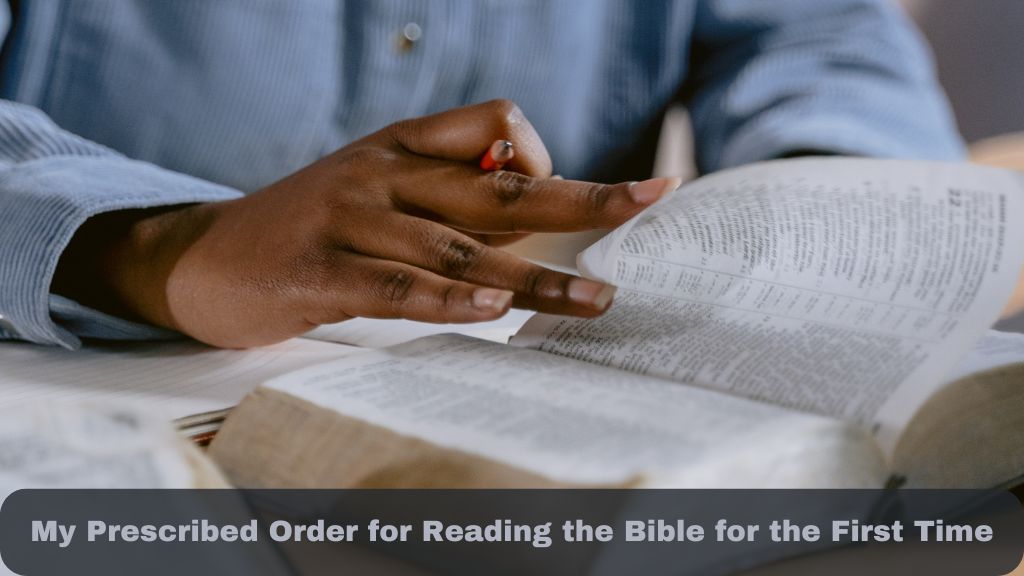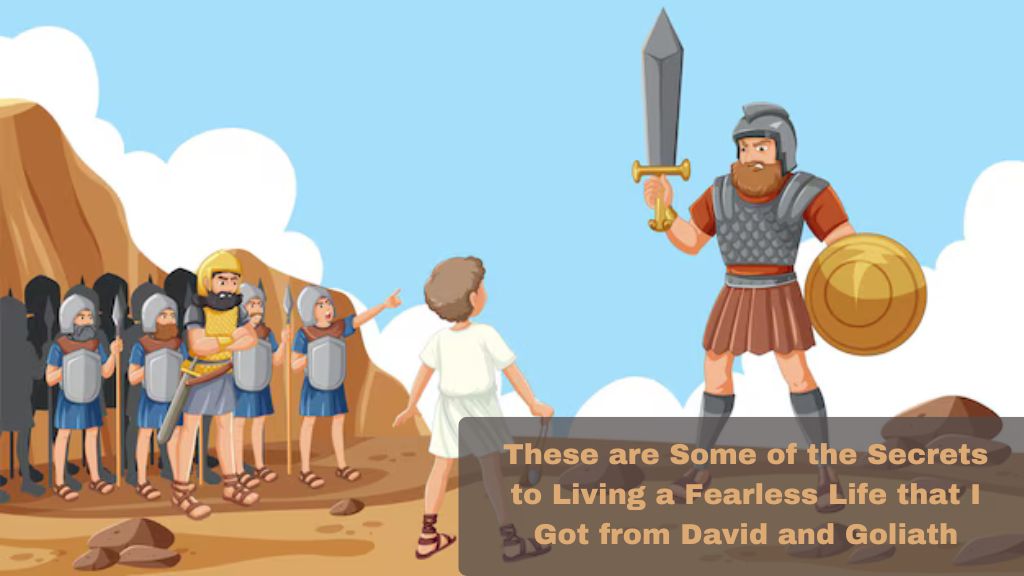So, you’ve decided to read the Bible for the first time. That’s an incredible step! But now, the big question is: what is the best order for reading the Bible for the first?

If you’ve ever flipped through a Bible, you know it’s a massive book—actually, a collection of 66 books! Some parts are historical, others poetic, and some are full of deep theological truths. It’s easy to feel overwhelmed. Do you start at Genesis, like any normal book? Or do you jump straight to the New Testament? What about those tricky books like Leviticus or Revelation?
There’s no single “correct” order to read the Bible, but there are some ways to make the experience smoother, especially for a beginner. Let’s talk about a few approaches that will help you understand and enjoy your Bible-reading journey.
Should You Read the Bible in Order?
It might seem logical to start at Genesis and work your way straight through to Revelation, but this isn’t always the best approach. The Bible isn’t written in strict chronological order, and some books can feel overwhelming if you’re unfamiliar with the broader biblical story.
For example, Genesis and Exodus start off great—exciting stories, dramatic miracles, and key foundations of faith. But then, you hit Leviticus—a book full of ancient laws and sacrifices that might feel confusing or even tedious if you don’t know how they fit into the bigger picture.
That’s why many first-time readers prefer a different approach—one that introduces key themes and helps you build a stronger understanding of the Bible as a whole.
A Suggested Order for First-Time Readers
Here’s a beginner-friendly approach that balances history, wisdom, and the gospel message:
1. Start with the Gospel of John (New Testament)
Why? Because Jesus is the central figure of the Bible, and John gives a clear, powerful introduction to who He is. Unlike the other gospels, John focuses more on the meaning of Jesus’ life rather than just the events. It’s a great way to understand why Jesus matters.
2. Read Genesis and Exodus (Old Testament)
After getting to know Jesus, go back to the beginning. Genesis explains how everything started—creation, sin, and God’s promise of redemption. Exodus introduces Moses, the Ten Commandments, and how God rescues His people. These books provide key background for everything else in the Bible.
3. Move on to Luke and Acts (New Testament)
Luke gives another perspective on Jesus’ life, full of details and parables. Then, Acts (written by the same author) picks up the story after Jesus’ resurrection and tells how the early church spread across the world.
4. Read Psalms and Proverbs (Old Testament)
Feeling like you need encouragement? Psalms is a collection of prayers and songs that cover every human emotion—joy, sorrow, doubt, and faith. Proverbs, on the other hand, is full of practical wisdom for daily life.
5. Continue with Romans (New Testament)
Romans is a deep, powerful book about what it really means to be saved by grace. Paul explains the core message of Christianity in a clear, logical way. It’s a must-read for understanding faith.
6. Go through the Rest of the New Testament (Letters and Revelation)
After Romans, books like Ephesians, Philippians, and James are great for learning how to live out your faith. If you’re curious about the end times, you can eventually tackle Revelation, but don’t worry if it feels mysterious at first!
7. Dive into the Old Testament History and Prophets
Now that you have a strong New Testament foundation, you can better appreciate books like Joshua, Judges, 1 & 2 Samuel, and the prophets (Isaiah, Jeremiah, Daniel). These books give deeper insight into how God worked in history and prepared the way for Jesus.
Other Helpful Reading Plans
If you like structure, you might enjoy:
- Chronological Reading Plan – This follows the Bible’s events in the order they happened.
- New & Old Testament Daily Reading – This plan balances both parts of the Bible each day.
- Thematic Reading Plan – This organizes readings by themes like faith, love, and prayer.
Final Tips for Reading the Bible
- Pray Before You Read – Ask God for wisdom and understanding.
- Take Your Time – You don’t have to rush! Read a little each day and reflect on it.
- Use a Study Bible or Notes – Many Bibles include helpful explanations and background info.
- Join a Bible Study Group – Discussing with others can make a huge difference.
- Don’t Get Discouraged – Some parts may feel hard to understand, but that’s okay! Keep going.
So, Where Should You Start?
If you’re unsure, try this: Start with John, then Genesis, then Luke. After that, follow the order that feels best for you. The Bible is a journey, and every step brings new understanding.
No matter where you start, the most important thing is to start. God’s Word is alive, and as you read, you’ll begin to see how it speaks into your life in ways you never expected.
Happy reading.



